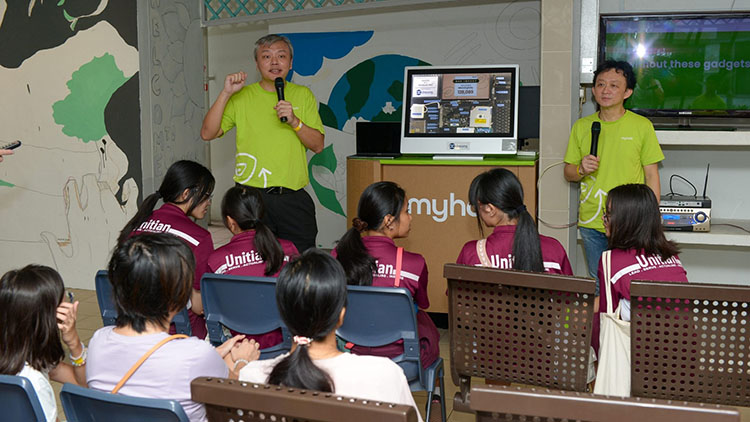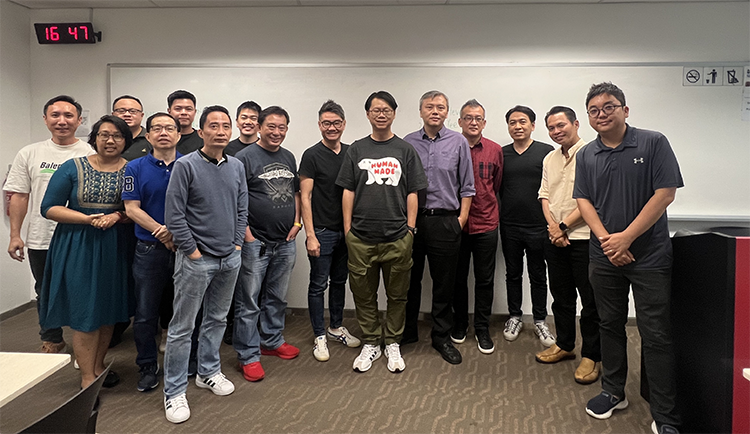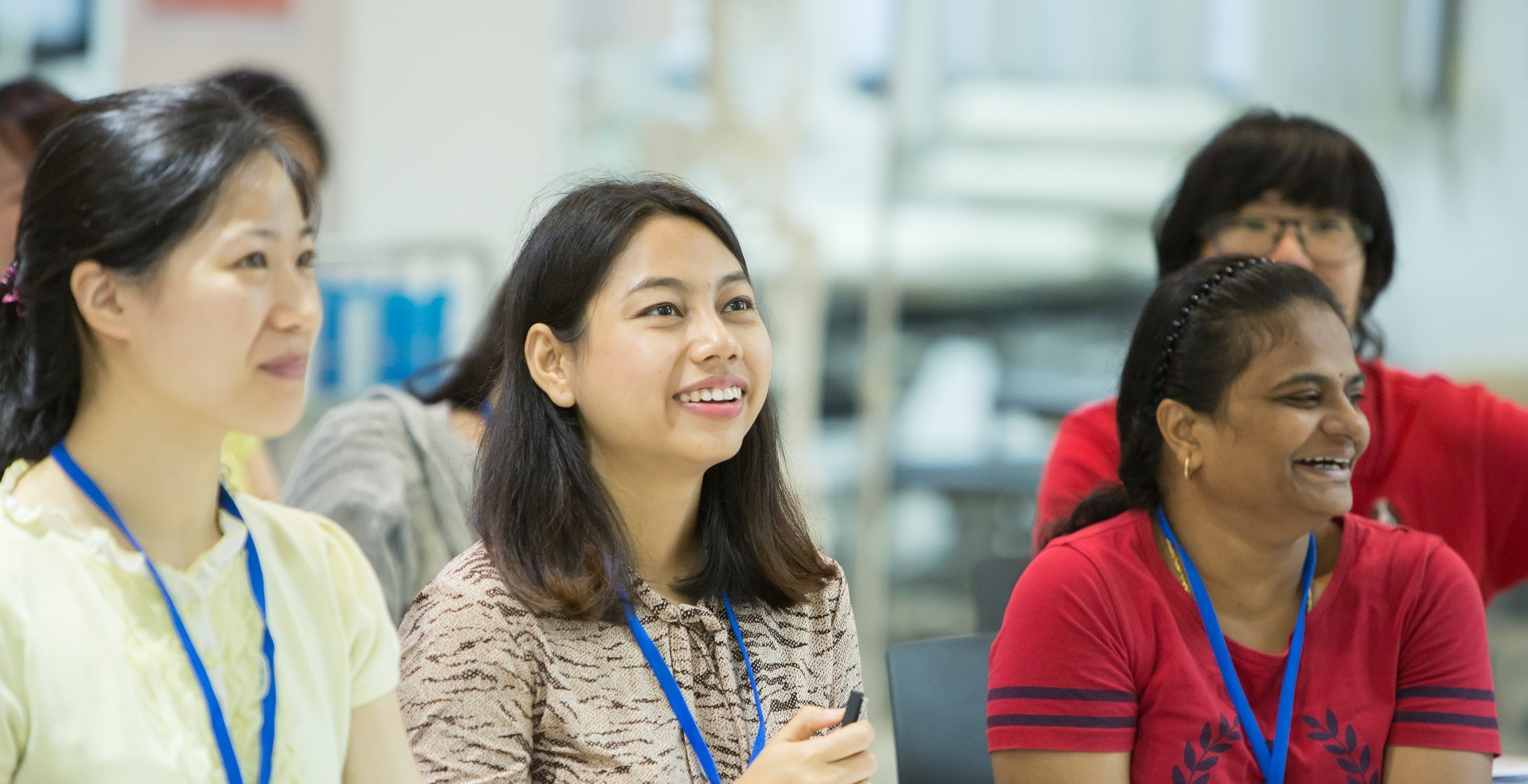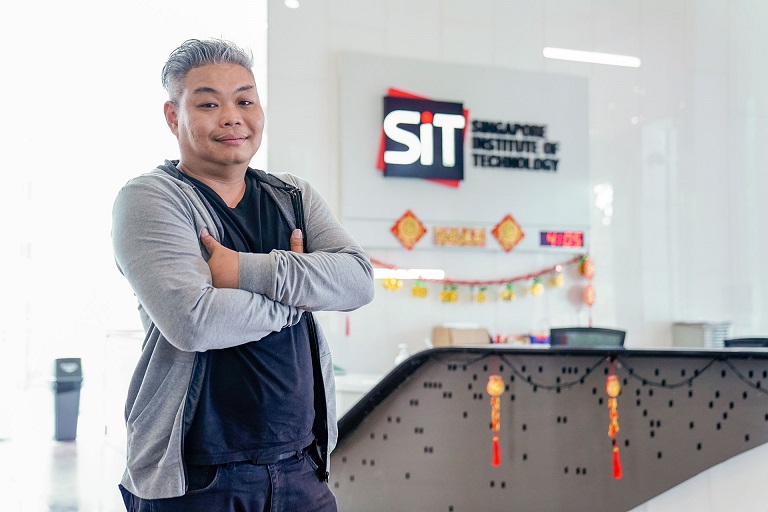Helping SMEs Embed Sustainability in Business
Co-developed with the Association of Small & Medium Enterprises (ASME), the ‘Introduction to Sustainability for Businesses’ course provides companies with the knowledge and frameworks for mapping their sustainability goals.
Sustainability, Business Management
All listed companies in Singapore will be required to make climate-related disclosures starting from the financial year 2025. Such disclosures must be made based on local reporting standards aligned with the International Sustainability Standards Board.
According to Singapore's Sustainability Reporting Advisory Committee, a decision has not been made to extend the new mandatory climate reporting rules to smaller non-listed firms.
While many small and medium enterprises (SMEs) aspire to embrace sustainability, the journey can be fraught with confusion.
How do business owners accurately measure and work towards net-zero emissions? How does looking at the business through a sustainability lens lend to business performance and competitiveness? Which reporting framework is the right one to adopt?
An SME’s Essential Guide to Sustainability
These questions and many more were answered during the first run of SIT’s Introduction to Sustainability for Businesses. The one-day course, developed in collaboration with the Association of Small & Medium Enterprises (ASME), is designed to give companies a comprehensive overview, covering the history of sustainability, why it matters, and the actionable steps in reporting and emissions reduction.
The course is conducted by Associate Professors Ethan Chong, Steve Kardinal Jusuf, Yee Fook Cheong and Assistant Professor Mark Teo Shan Chian, who are from engineering and business disciplines.
For participant Tan Ching Hwee, founder of e-waste upcycling firm myhalo, which repairs and trades used digital devices, this course fills in the knowledge gaps with regard to his company’s sustainability aspirations. “Our team needs to be able to measure our sustainability performance accurately and be transparent about it. The last thing we want to do is unintentional greenwashing,” shared the 45-year-old, who gained new insights on globally recognised reporting frameworks and standards.

Founder of myhalo, Tan Ching Hwee (standing left), shared the importance of recycling and responsible e-waste management with Yew Tee residents in a community outreach event held in July 2023. (Photo: myhalo)
While introducing a multitude of frameworks, the course brought particular focus to the United Nations (UN) Sustainable Development Goals (SDGs), with which the Singapore Green Plan 2030 is aligned. “The United Nations Sustainable Development Goals set a precedent to map our sustainability goals,” Ching Hwee added.
Being an Early Mover
The entrepreneur mentioned that many small businesses are not impacted by the sustainability-related regulations for now.
He is cognisant of the importance of team buy-in for business owners seeking to implement sustainability initiatives within their companies.
While his company has been working towards a “zero e-waste world” since 2016, the lack of relevant emissions calculations related to upcycled electronic devices has made it difficult for the company to determine the true impact of their work. Plus, the myriad frameworks and standards have given rise to more questions than answers.
The introductory course conducted by SITLEARN was a guiding step forward. “As the head of the company, I have to learn and understand how to spearhead this. Moving forward, I will send more team members for the course so they can be aligned on what we have set out to achieve.”
Industry-agnostic Content
A key appeal of the course lies in its well-curated topics relevant to its target audience. On top of the basics, it covers areas like the challenges SMEs face in achieving net-zero emissions and the impact of government policies on business demands and opportunities. Ching Hwee particularly appreciated that the content was applicable to most, if not all, fields of work.

Tan Ching Hwee (fifth from right) with fellow course mates who form the inaugural cohort of the 'Introduction to Sustainability for Businesses' course held in November 2023. (SIT Photo)
“Most SMEs in Singapore are service providers across diverse industries, so an industry-agnostic course is ideal for us.” His course mates included a vendor for digital signages and even a financial consultant looking to incorporate sustainability within his services.
“This course is great for companies intending to adopt sustainability but who don’t know where to start.”
Today, sustainability is no longer a “good to have” for businesses. Instead, it has become imperative for organisations in every niche. From the annual United Nations Climate Change Conference to Singapore’s Green Plan 2030, efforts to tackle climate change have never been more urgent.
Learn more about 'Introduction to Sustainability for Businesses' and other sustainability-related courses offered by SITLEARN here.
This article was originally published on SIT's Digital Newsroom.

About SITLEARN







